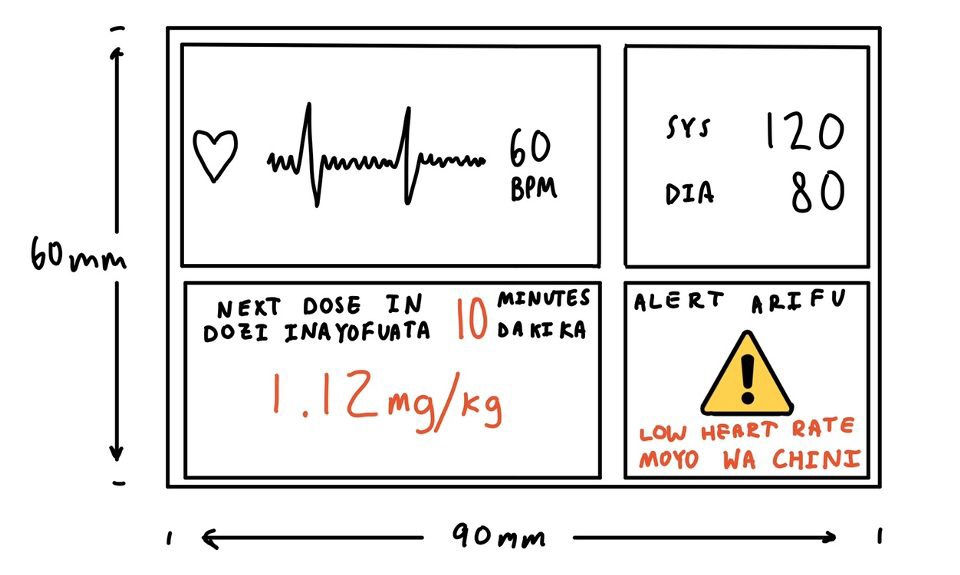Blog Post 8 - AF
- Adin Field

- Nov 4, 2019
- 1 min read
Author: Adin Field
Date: November 3rd, 2019
Group members: Adin Field, Gordon Ellis, Jordon Bibian, Anagha Arvind
Blog Contents:
1. The takeaways from the reality check
2. The project's initial FMEA (start by identifying the critical failure modes)
3. Additional interviews transcripts
This week, our group focused on determining which aspects of the project we would include in the works-like prototype, as well as coming up with a parts list for the prototype. Additionally, we started thinking about the project's FMEA (Failure Mode and Effects Analysis).
1. Takeaways from the reality check
Our meeting with Professor Cabodi was very productive. The key takeaways were as follows:
We are on track and are in a good position to move forward toward our works-like prototype
We will choose two measurable parameters (Pulse-Oximeter and one other) to focus on for our works-like prototype
Demonstrate that we can measure different parameters and write a rudimentary algorithm that shows how changing parameters will effect the device
Create a parts list with a link to each part
Be sure to emphasize in DRIII that our device is intended to assist anesthesiologists rather than replace them
2. Initial FMEA
For our project's FMEA, we began by identifying some of the device's critical failure modes. The following is an incomplete list of potential critical failure modes:
Failure to properly place and secure sensors
Sensor failure
Algorithm failure
Device's warning is not noticed by attending physicians
Device cannot be or is not properly cleaned/disinfected/sterilized
Failure to adequately account for contraindicators
Surgery environment causes device failure (fluid short circuits electronics, electromagnetic interference, etc.)
These potential failure modes will serve as an initial starting point for our project's FMEA, and will be expanded upon as we move forward.
3. Additional Interview Transcripts
No additional transcripts to include at this time.


Comments